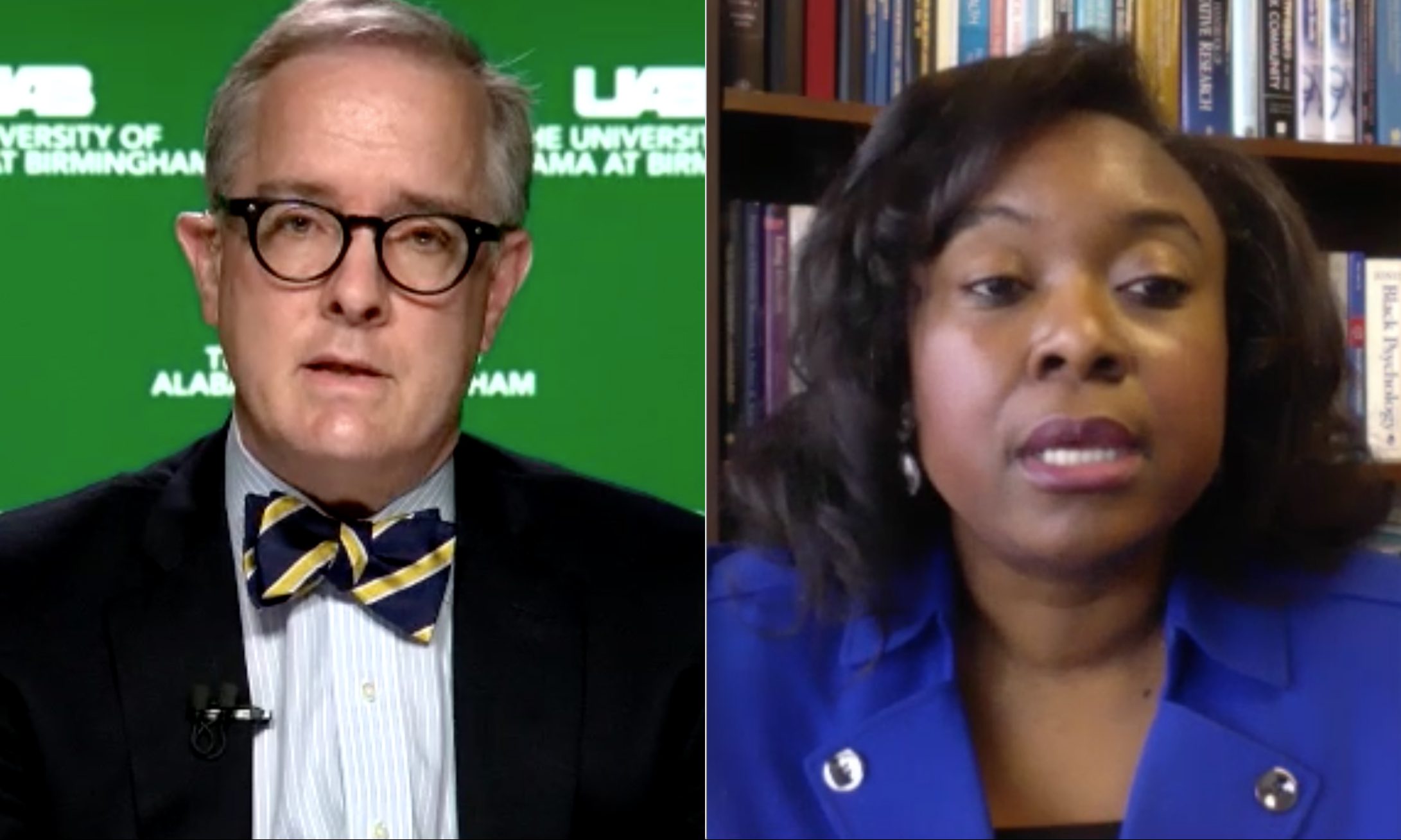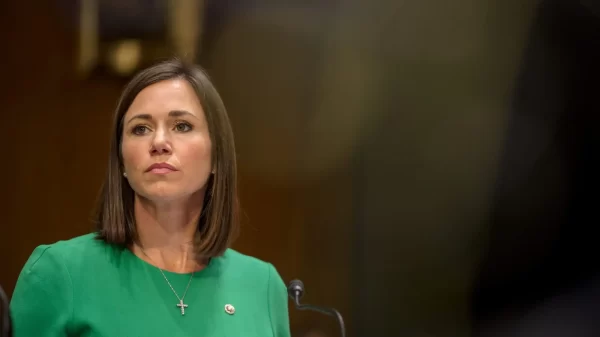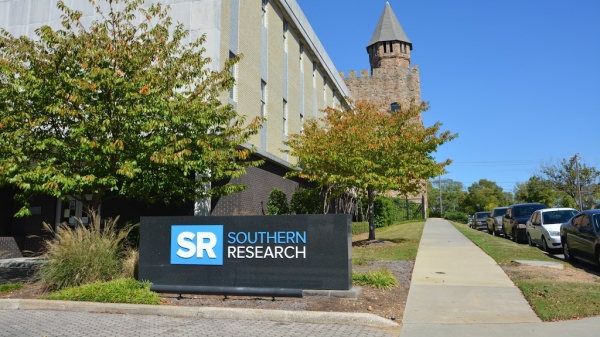Healthcare workers are seeing fewer people getting routine cancer screenings for fear of coming into contact with the novel coronavirus. With no end to the pandemic in sight, doctors are urging people to get screened and move forward with treatment if they have a diagnosis.
Not delaying treatment is of paramount importance, said Barry Sleckman, director of the O’Neal Comprehensive Cancer Center at the University of Alabama at Birmingham.
“If you have a cancer diagnosis, you need to do everything possible to work with your physician to initiate treatment in a safe environment,” he said.
Sleckman said that steps are being taken to ensure the safety of patients who may be anxious about visiting a hospital and being exposed to the virus. Visits are being done by telemedicine, or video tools that are HIPAA compliant, if an in-person exam is not required.
Monica Baskin, a professor in UAB’s Division of Preventive Medicine, said that her colleagues around the state are hearing from people who are afraid to make physical visits. They are advising people to contact their local healthcare providers first to determine the best course of action, and to learn what specific steps their local cancer center is doing to keep patients safe.
Rates of screenings have been trending downward nationally, according to the National Cancer Institute. Alabama does not keep a statewide database, but workers in the field say they have noticed a reduction over the last three months – much of it in medically underserved communities that experience higher rates of cancer.
Investigators at the NCI recently created a detailed national model of breast and colorectal cancers showing that more than 10,000 people might die over the next 10 years due to delayed cancer screenings because of the pandemic. Most of the deaths would occur in the next two years, according to the projections.
About 26,000 Alabamians are diagnosed with cancer each year, according to the American Cancer Society.
People with cancer and other conditions that make them immunocompromised are especially vulnerable, but Sleckman urged caution among everyone else who are making decisions based on what risk factors they think they may not have. The scientific community is still trying to figure out how the virus behaves, and death or recovery aren’t the only possible outcomes.
Strokes have been seen in younger people who are infected, and scientists are warning of serious brain damage occurring in some patients who only experience mild symptoms while they are sick. It’s on everyone to slow the spread in order to protect others because there’s no telling how the virus will affect one person to the next.
“As a very good friend of mine who’s an infectious disease physician said, ‘The only thing we really know about this virus is it’s not good to have it,’” Sleckman said.





















































